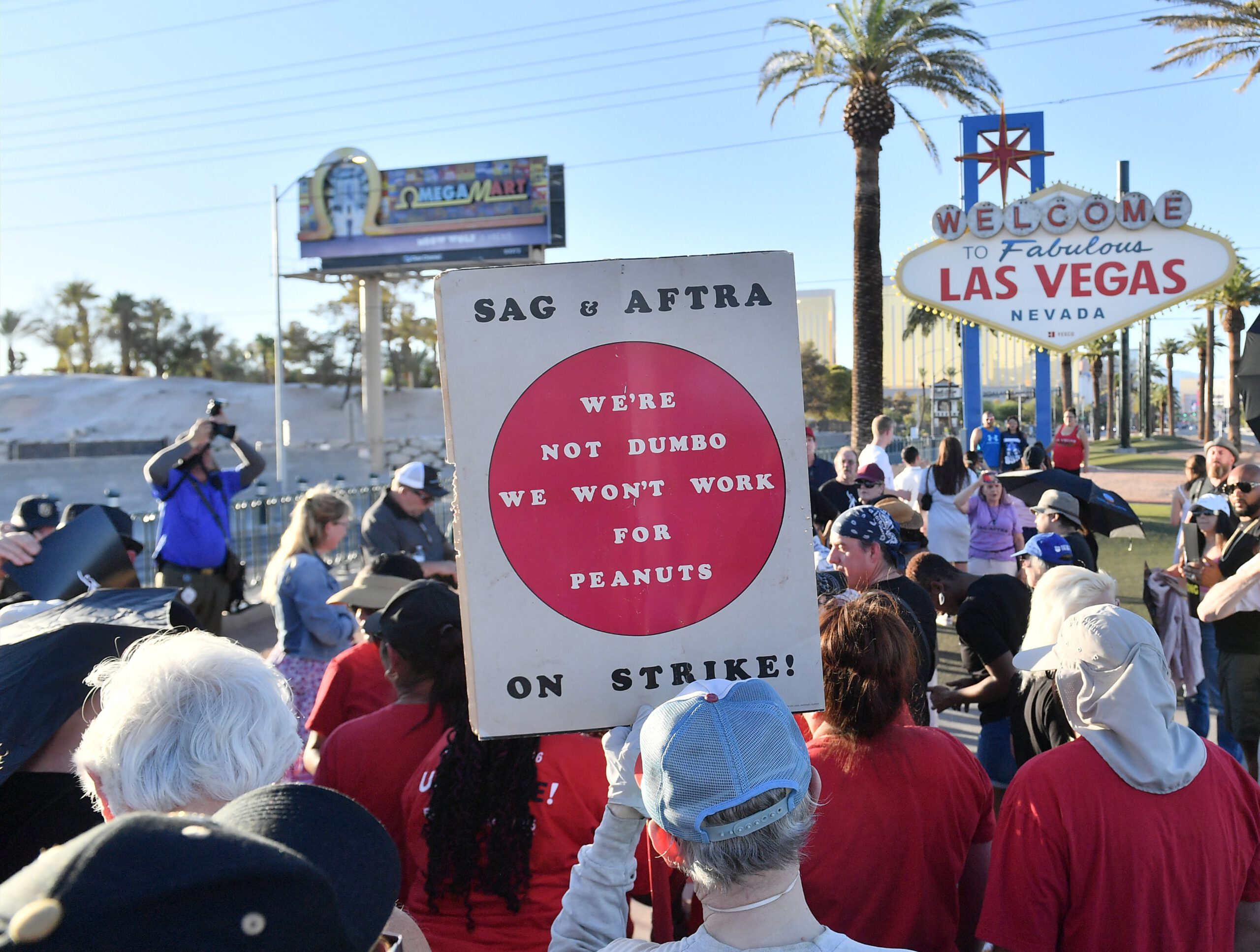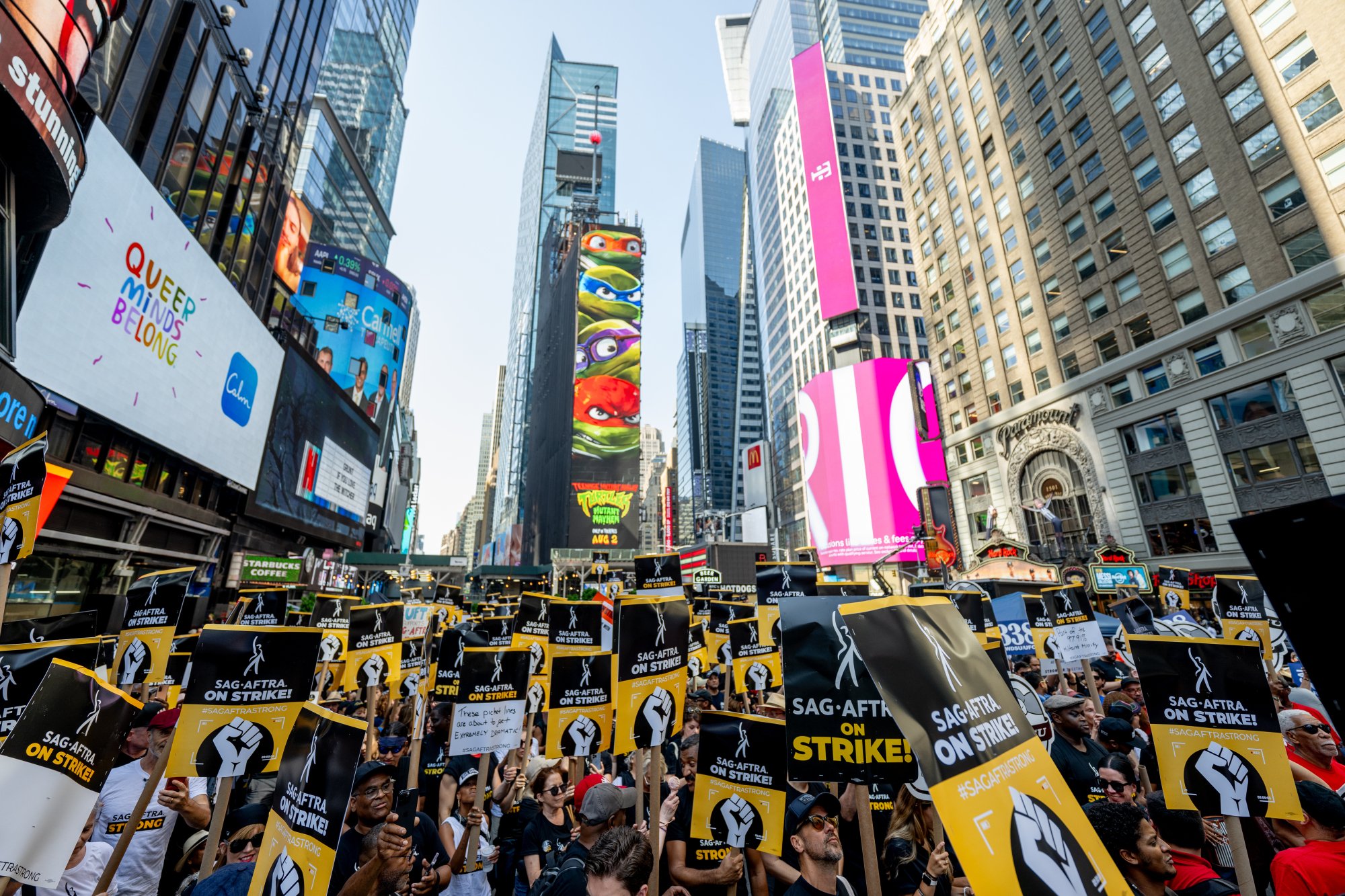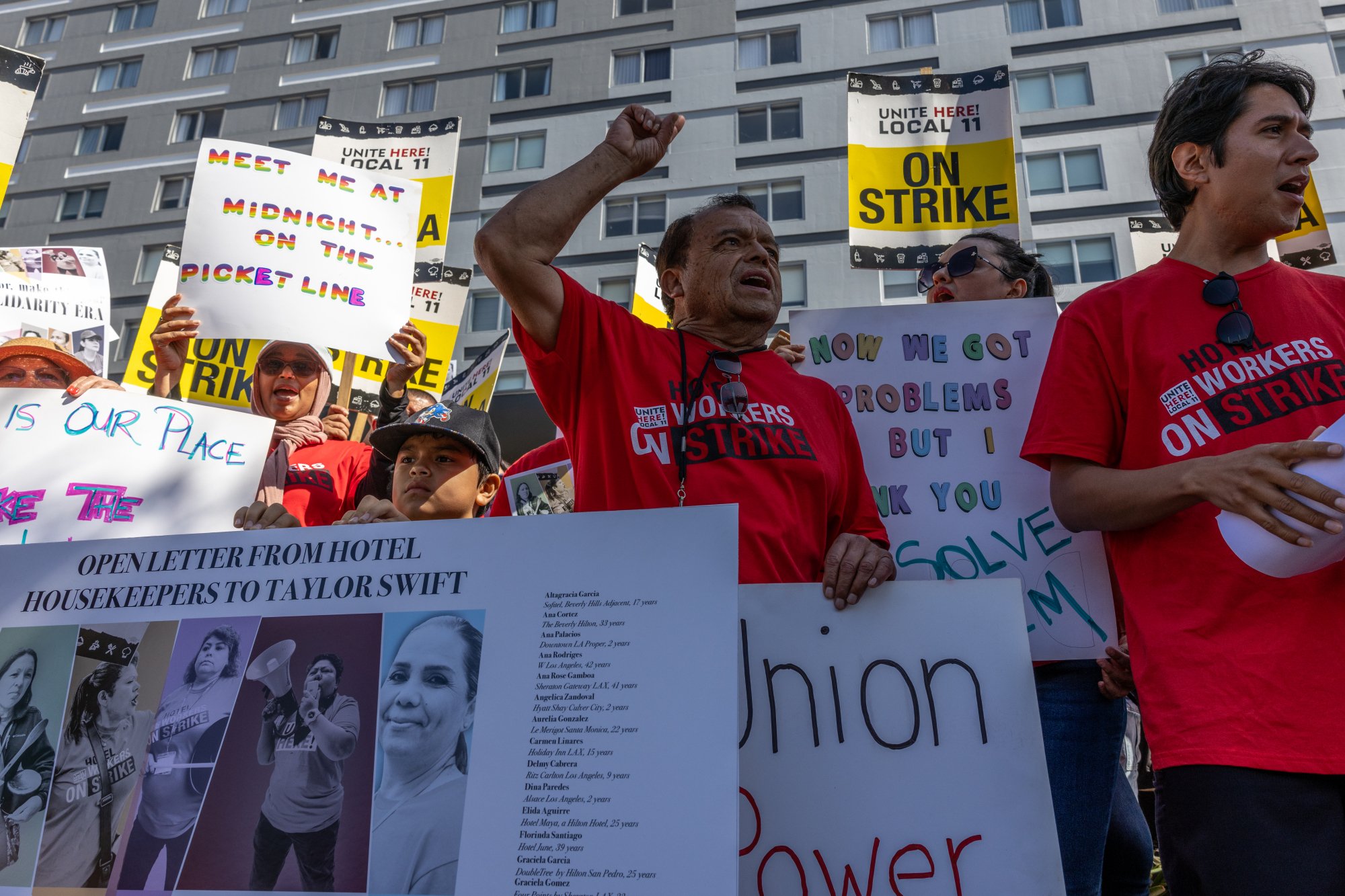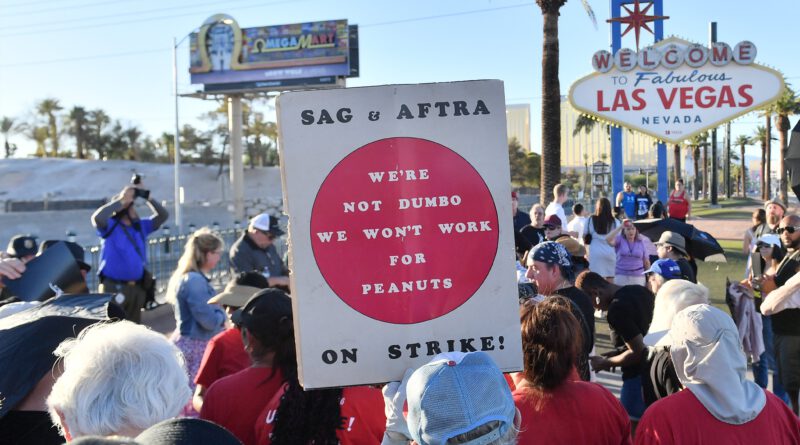New congressional bill addresses food insecurity on the picket line

Members of the U.S. Senate are supporting the pro-labor movement sweeping across the nation, introducing legislation that could provide needed resources to striking workers.
The Food Secure Strikers Act of 2023, introduced by Sen. John Fetterman of Pennsylvania on July 27, repeals limitations on the federal Supplemental Nutrition Assistance Program (SNAP) that prevent many striking employees from claiming nutrition assistance, and safeguards their eligibility in the future. Should it pass, it would also protect public sector workers who are fired for striking from being “considered to have voluntarily quit” for SNAP eligibility purposes, and clarify that any income-eligible household can receive SNAP benefits regardless of if a member of that household is involved in a strike. Importantly, the legislation would apply to all workers on strike, not just union members.
Under current U.S. law, employees on strike can only receive SNAP food benefits if they were already deemed eligible for benefits prior to the strike, even if the pause on employment extends for months at a time and limits an individual’s income.
The bill is co-sponsored by several other congressional and Senate Democrats, including Sen. Cory Booker and Sen. Elizabeth Warren, as well as pro-labor leaders like Sen. Bernie Sanders. “No worker should go hungry for exercising their right to strike for better wages and safer workplaces. We are in a historic moment for worker power, and we must remain united in our support of workers’ well-being as they continue to fight for better conditions,” said Booker.
“We need to get rid of the anti-union provisions in our code that starve striking workers,” said Rep. Greg Casar, another bill co-sponsor. “We’re seeing workers exercise their rights across the country by going on strike to demand better wages and working conditions.”
The proposed legislation also has the backing of several national unions and nonprofits, including United Food and Commercial Workers, Teamsters, National Education Association, Communications Workers of America, Food Research Action Center, and Hunger-Free America, according to Fetterman’s office.
“Every union worker who is walking the picket line this summer needs to know that we have their back here in Washington. The union way of life is sacred,” said Fetterman in the bill’s announcement. “It is critical for us to protect workers’ right to organize, and that includes making sure they and their families have the resources to support themselves while on strike.” Fetterman is also the chair the Senate’s Nutrition Subcommittee.
As part of President Joe Biden’s negotiations on a new national debt ceiling, food aid requirements will become stricter for many recipients. “By 2025, new requirements will apply to able-bodied adults from age 49 to 54 without dependents — an increase of five years. Those individuals will be required to work or attend training programs for at least 80 hours a month if they want to receive more than three months of SNAP benefits within a three-year period,” PBS reported. Before the deal, work requirements for SNAP hadn’t been significantly altered since the program’s overhaul in 1996.

While the public eye trains itself on Hollywood strikes, many other labor unions are also galvanizing alongside demands for better pay and fair contracts. In his announcement of the Food Secure Strikers Act, Sen. Fetterman noted local, Pennsylvania strikes from United Electrical, Radio and Machine Workers and a walkout from members of the Communication Workers of America at the Pittsburgh Post-Gazette, as well as the nationwide movement of the Writers Guild of America (WGA) and Screen Actors Guild-American Federation of Television and Radio Artists (SAG-AFTRA) workers.
The movement extends across industries. Employees at Rutgers University went on strike in April. Employees of Los Angeles Unified School District took up a three-day picket in March, while teachers of California’s Oakland Unified School District walked out for equal pay and student support initiatives in May. A month later, hundreds of Gannett-employed journalists went on strike across eight states. In July, UPS union members reached a deal that narrowly avoided a nationwide strike.
Food insecurity among striking workers is an urgent note among a long list of grievances.
On June 8, UNITE HERE Local 11 — which represents more than 32,000 workers employed in hotels, restaurants, airports, sports arenas, and convention centers around Southern California and Arizona — authorized a strike of 15,000 workers, following contract negotiations demanding higher pay and better benefits. While the picket line wraps itself around Los Angeles, California, the striking workers call for added attention on exploited service industry employees. UNITE HERE Local 11 represents many workers from immigrant communities, and predominantly women and people of color, including African American, Latino, and Asian American workers, the union explains.
According to the California Association for Food Banks, about 8 million Californians faced food insecurity in 2020. In 2023, food banks across California are serving rising numbers of families as federal and state food benefits trickle out, following an increase in benefits to address needs during the COVID-19 pandemic.

Many labor organizations provide striking workers with limited financial, medical, and food assistance as needed while striking, including the east and west coast divisions of WGA and UNITE HERE Local 11. These strike funds are strengthened by fellow members and supporter donations, but the support of federal benefits could make the difference for workers in prolonged walkouts.
Learn more about donating to the WGA and SAG-AFTRA strikes.
Find out how to support mutual aid and legal funds for striking hotel workers.
